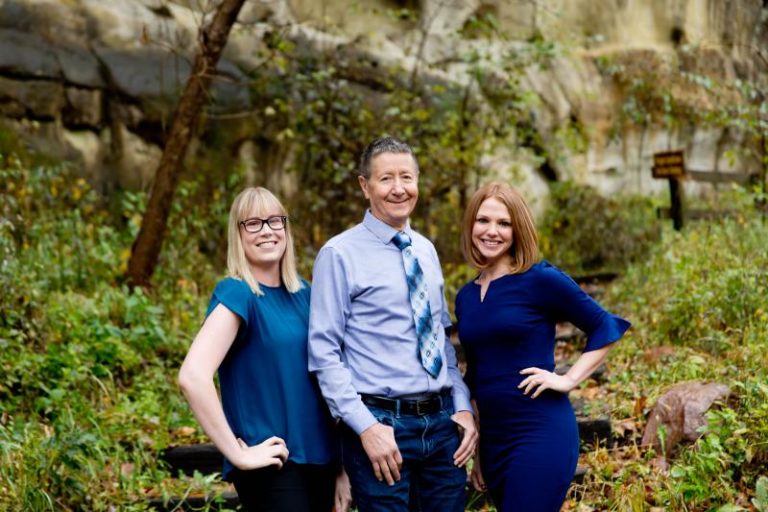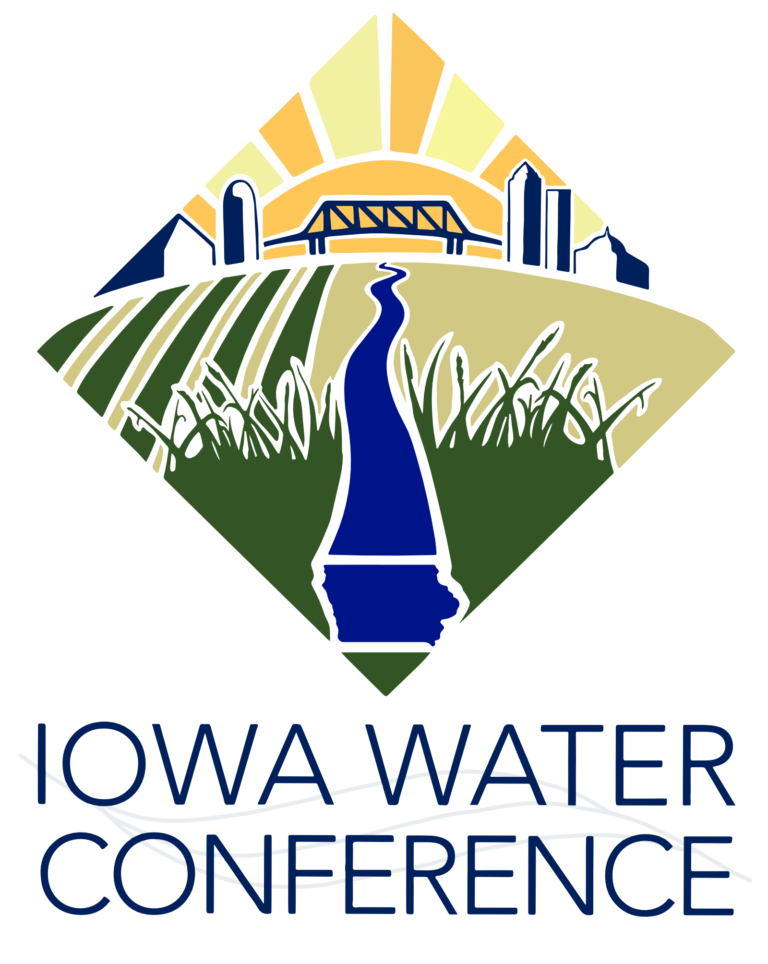This month, the “2017 Iowa Soybean Association Research Conference” (ISARC) was held in downtown Des Moines. This is an annual conference focused on sharing information from the Iowa Soybean Association (ISA) research teams. These teams include Analytics, Environmental Programs and Services, and the On-Farm Network.
The conference focused on the mega issues in Iowa and on-farm data collection conducted by the ISA in 2016. A few of the major topics discussed at the conference echoed what is on farmers’ minds across Iowa. These included presentations on weed resistance, monarch habitat, water quality, and conservation practice efficacy with a particular focus on cover crops. Other subjects for discussion were digital data in agriculture and landowner-operator conversations.
A crosscutting theme during this two-day conference was the “wicked problem” of complexity that farmers face when it comes to farm management. A wicked problem is one that is challenging to solve. This is in contrast to “gentle” problems that have binary, direct answers. Wicked problems, such as policy issues, are not straightforward because individuals are often working with a myriad of variables and have to coordinate with diverse stakeholders. Another key concept that makes a problem, such as water impairments, particularly wicked is the level of complexity it involves and the relationship it has to other systemic problems.
Amy Asmus, owner and agronomist at Asmus Farm Supply, kicked off this perspective at the beginning of the conference with a presentation on weed resistance. Asmus outlined that weed resistance is not just a biology problem, but also a technological and a human behavior problem. A key takeaway from her presentation was that answers are often not going to be found in a jug, but in the hearts and minds of community members. Regardless of the subject matter, presenters throughout the ISARC agenda echoed this perspective.
So what is this wicked problem in conservation?
Farmers frequently face problems on their farm that rarely have single “silver bullet” solutions. Growers must constantly balance the ecological, economic, and social inputs into their operation with the intent to meet specific goals in their output. This system of inputs and outputs exist within a short-term and a long-term time frame. Farmers must meet year-to-year economic demands while maintaining the long-term ecological integrity of their farm. On top of it all, when it comes to decisions that affect water and soil, the problems in conservation reach beyond a field border and into the greater community.
It is becoming more apparent that our wicked problem in conservation can be addressed in a way that is two-fold. We need to build a data-driven understanding of our water and soil impairments as well as create a venue for the diverse stakeholders in water to work in cooperation. More often than not, water quality and quantity is a science of society rather than solely an understanding of hydrological and soil processes. Water impairments in Iowa may be wicked problems, but they can also serve as opportunities to develop a holistic approach that acknowledges the needs of our environment and our community to be resilient for the future.
Are you looking for opportunities to engage with our wicked problem in water?
- Get to know the Iowa Watershed Approach
- Attend regional gatherings, like the Iowa Ideas symposiums
- Attend ISU Extension & Outreach trainings
- Get to know a watershed management authority board near you from the Iowa DNR
- Learn about available watershed resources from the ISU Extension & Outreach Water Quality Program
If you have a water-related opportunity to share, comment below!

